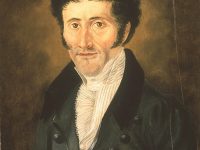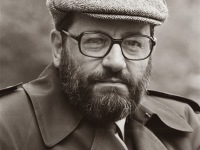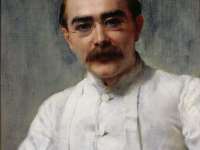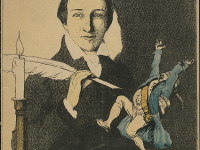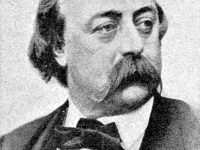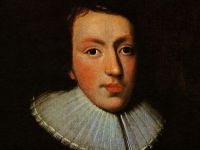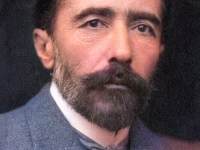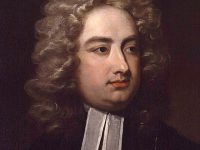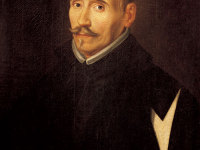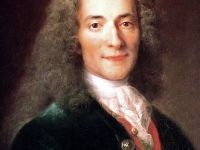The Fantastic Stories of E. T. A. Hoffmann
On January 24, 1776, German author Ernst Theodor Amadeus Hoffmann was born. Hoffmann’s stories highly influenced 19th-century literature, and he is one of the major authors of the Romantic movement. “Ha there is something divine about art, for art, my Lord, is not really both the art of which one speaks so much, but it arises rather only from all that one calls art! “ — E. T. A. Hoffmann, The Devil’s…
Read more

